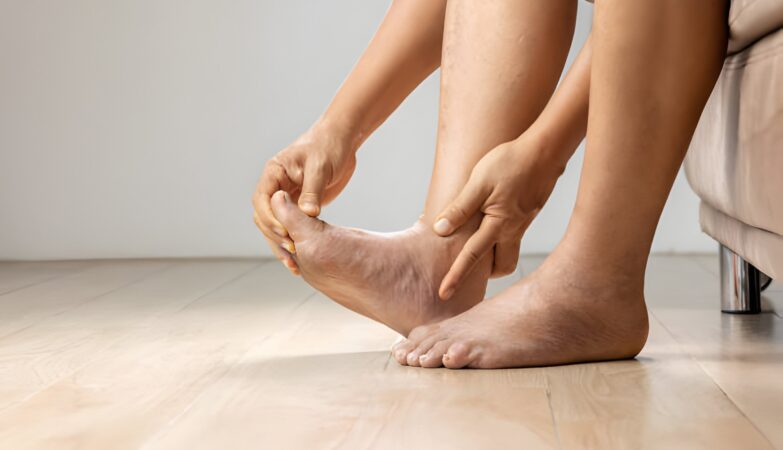Do you feel that the joy and thrill of closeness have been taken away because of pain and embarrassment? Experiencing discomfort during intimacy? You’re not the only one. ACOG states that it’s quite frequent for women to feel pain during sex—almost 3 in 4 women encounter this at some point in their life. Brief mild discomfort is typically not alarming, but if the pain during intimacy is persistent, it’s advisable to consult your physician.
Why does intercourse hurt?
Certain medical conditions, such as endometriosis, vaginal infections, and sexually transmitted infections, can lead to discomfort during sex. In addition, factors like vaginal dryness and irritation can result in unpleasant intimate experiences. Recognizing the potential sources of your discomfort can guide you toward appropriate treatment and enhance your intimate well-being.
Insufficient Lubrication
A prevalent reason for discomfort during intimacy is insufficient lubrication. This can be due to inadequate foreplay or because some women naturally produce less lubrication. Using a lubricant can be a helpful solution. When selecting one, ensure it is compatible with your vagina’s natural pH balance to prevent any disruptions.
Damage or Discomfort
Damage or inflammation to the vagina or vulva can lead to discomfort during intimacy. Such injuries might arise from shaving nicks, childbirth-related tears, or vaginitis – an inflammation of the vagina resulting in discharge, itching, and pain.
Vaginal Muscle Spasms
Vaginismus refers to the involuntary tightening or contractions of the vagina upon insertion of an object like a penis, tampon, or even when there’s touch near the vaginal region. Women don’t have control over these reflexive contractions. As WebMD describes, the sensation can feel like a burning or as though the penis encounters a barrier. Therapeutic approaches often involve gradual desensitization, incorporating methods like kegel exercises.
Vaginal Thinning
Vaginal Thinning
Predominantly observed in menopausal women, vaginal thinning refers to the drying, inflammation, and reduction in thickness of the vaginal walls. It’s usually a result of reduced estrogen production in the body, though it can also occur during breastfeeding or when taking specific medications. This condition not only leads to discomfort during intimacy for many women but also presents other symptoms like a burning sensation and increased urination.
Endometrial Tissue Disorder
Endometriosis involves the growth of tissue resembling the inner lining of the uterus in locations outside the uterine cavity, such as the ovaries, fallopian tubes, vagina, peritoneum, or intestines. When endometriosis is present behind the vagina in the uterus, it frequently results in discomfort during intimacy. To alleviate this discomfort, consider using ample lubricant and engaging in gentle, slow penetration.
Mental and Emotional Influences
Discomfort during intimacy isn’t solely attributed to physical ailments. Emotional elements can elevate cortisol levels, affecting your desire for intimacy. Feelings of anxiety, depression, apprehension about closeness, and insecurities related to one’s body image can result in feelings of unease, embarrassment, or pain during sexual encounters.
Gestation
During pregnancy, an expanding belly isn’t the sole transformation. There are several reasons why intimacy might be uncomfortable, especially in the first trimester, such as:
Hormonal fluctuations leading to vaginal dryness
Increased pressure on the bladder
Possible infections
Sensitivity and soreness in the breasts/nipples.
IBS (Irritable Bowel Disorder)
IBS (Irritable Bowel Syndrome) is a gut-related issue leading to symptoms like constipation, diarrhea, abdominal pain, and bloating. Another discomforting aspect of IBS for some is pain during intimacy stemming from these gastrointestinal issues.







